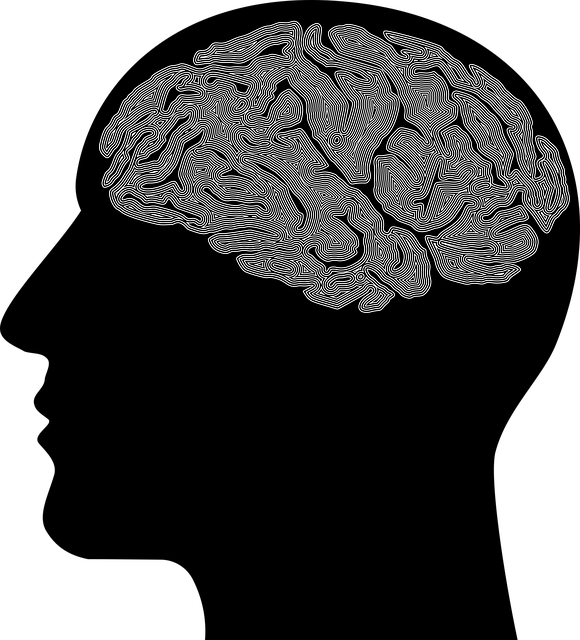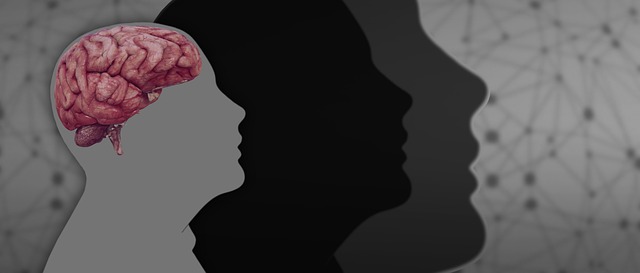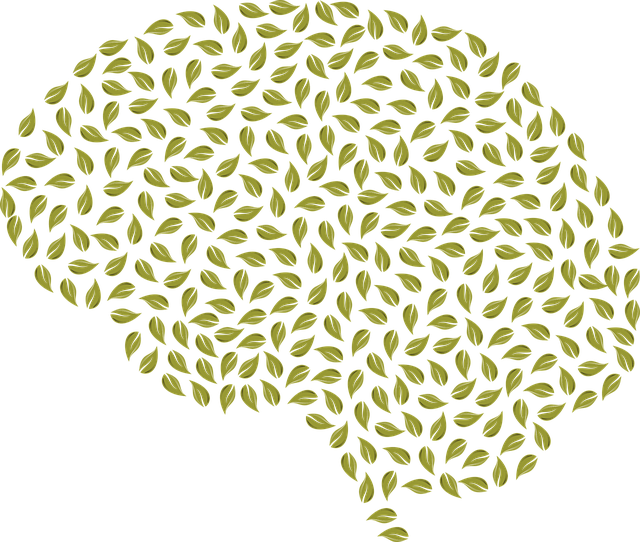Boulder Adjustment Disorder (BAD) is a mental health condition triggered by significant life changes or trauma, causing prolonged severe distress and disorientation lasting over six months. Diagnosed through comprehensive evaluations by mental health professionals, BAD therapy integrates mindfulness meditation, compassion cultivation, and mind over matter techniques to help individuals process trauma, stabilize emotionally, and adapt to new circumstances. Trauma-informed care, like Boulder Adjustment Disorder Therapy (BADT), fosters safe spaces for expression, challenges unhelpful coping mechanisms, promotes self-awareness, self-acceptance, and improved self-esteem, ultimately building resilience against emotional challenges stemming from traumatic experiences.
Trauma support services are crucial in helping individuals navigate the complexities of Boulder Adjustment Disorder (BAD). This article explores the profound impact of therapy in mitigating symptoms and facilitating recovery. We delve into the diagnostic process, highlighting key indicators of BAD. Furthermore, it examines effective strategies for providing trauma-informed care, emphasizing the importance of therapeutic approaches tailored to address the unique needs of affected individuals. By understanding BAD and implementing thoughtful interventions, we can enhance support systems and foster resilience.
- Understanding Boulder Adjustment Disorder: Symptoms and Diagnosis
- The Role of Therapy in Supporting Individuals with BAD
- Effective Strategies for Providing Trauma-Informed Care
Understanding Boulder Adjustment Disorder: Symptoms and Diagnosis

Boulder Adjustment Disorder (BAD) is a mental health condition that can arise when an individual struggles to cope with significant life changes or traumatic events. It’s characterized by feelings of severe distress and disorientation, impacting one’s ability to function normally. Symptoms may include intense grief, confusion, anxiety, depression, irritability, sleep disturbances, and difficulty concentrating. These reactions are often disproportionate to the situation, lasting for an extended period, typically exceeding six months.
Diagnosis involves a comprehensive evaluation by qualified mental health professionals. They will assess symptoms, duration, and potential triggers, comparing them against established diagnostic criteria. The process may involve interviews, questionnaires, and psychological tests. Key factors in diagnosis are understanding the individual’s history, recognizing unique coping mechanisms, and differentiating BAD from other related disorders. Effective Boulder Adjustment Disorder therapy often combines evidence-based approaches like mindfulness meditation, compassion cultivation practices, and mind over matter principles to help individuals process trauma, regain emotional stability, and adapt to new circumstances.
The Role of Therapy in Supporting Individuals with BAD

For individuals struggling with Boulder Adjustment Disorder (BAD), therapy plays a pivotal role in their journey towards healing and adjustment. This form of mental health support is essential for addressing the unique challenges associated with BAD, which often stems from traumatic life events. Through therapeutic interventions, individuals can develop effective coping mechanisms, enhance their ability to manage stress, and process difficult emotions related to their trauma.
The therapeutic process enables clients to explore and understand their experiences, fostering resilience and personal growth. By providing a safe and non-judgmental space, therapists assist in breaking down the barriers created by mental illness stigma reduction efforts. As a result, individuals can begin to rebuild their lives, gaining the strength to navigate challenges and achieve a sense of stability and well-being.
Effective Strategies for Providing Trauma-Informed Care

Effective strategies for delivering trauma-informed care involve a holistic approach that acknowledges and respects an individual’s past traumatic experiences. One key method is Boulder Adjustment Disorder Therapy, which focuses on helping clients process and manage their emotions, thoughts, and behaviors triggered by traumatic memories. This therapy facilitates safe spaces for expression, fostering open communication to uncover and challenge unhelpful coping mechanisms.
Implementing communication strategies that encourage active listening and empathy builds trust and strengthens the therapeutic bond. By promoting self-awareness and self-acceptance, therapists can aid clients in improving their self-esteem and developing healthier relationships. Furthermore, trauma-informed care incorporates techniques to prevent or manage depression, ensuring individuals have the resilience to navigate emotional challenges arising from past traumas.
In conclusion, addressing Boulder Adjustment Disorder (BAD) requires a multifaceted approach, combining understanding, empathy, and evidence-based practices. Therapy plays a pivotal role in helping individuals process trauma, while trauma-informed care ensures safety and support throughout the healing journey. By integrating these strategies, healthcare professionals can effectively assist those struggling with BAD, fostering resilience and enhancing overall well-being.













